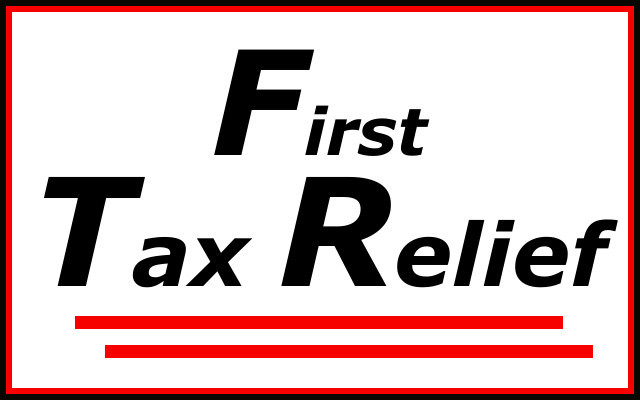Firstly, with the advent of technology like Google’s new “Duplex” system, it’s going to reach a point (sooner than we realize) that Cleveland businesses like yours — and mine — will have less use for employees that are mere “order takers” or who don’t engage in complicated work.
Which means that all of us should be thinking a little bit about what kind of team we want to be gathering around ourselves, and what should and shouldn’t be handled via the ever-increasing array of automation options.
I predict that these questions will begin in the large corporations, but will rapidly trickle into small businesses. And this has implications for all of us, even beyond “business” concerns.
So I thought I’d share with you, today, some of the tools I’ve used over the years that have helped us to make sure that we only bring the right people into our business family.
They might be helpful for you.
And here’s what’s great about the approach I’m about to share: It doesn’t have to be used solely with prospective employees. Use this question-asking approach with your *current* staff, and watch your unity and effectiveness soar.
Rich Rhodes’ Four Keys To Smarter Interview Questions
“Never attempt to teach a pig to sing; it wastes your time and annoys the pig.” – Robert A. Heinlein
Frankly, there is just so much pabulum out there about how to conduct an interview… “What’s your greatest achievement?”; “How do you respond to adversity?”; “What’s your favorite color and why?” … and so on. Yikes.
Many Cleveland interviewers (and managers) resort to this approach simply because it seems what everyone else does. Unfortunately, it’s not only lazy, it’s terribly ineffective. No, high-quality and smarter interview questions should have four characteristics:
1) They should be easy to answer. They need to be direct, and focused into specifics as much as possible.
2) They should have just one answer. Instead of asking a general question like, “How do you deal with deadlines?”, ask,”What was the biggest deadline you had in writing your last book? Step me through how you dealt with that deadline.” The second question gives you specific information you can use to evaluate the candidate.
3) They should have a clear, specific purpose. The purpose of every interview question is the same: to gather a piece of data–but it doesn’t ALWAYS have to be a direct attack. For instance, if you want to know if someone stays current on the latest technologies, a good question would be, “What technical journals do you read?” as opposed to, “What’s the last book you read?”
4) They should be task-related. Sure, we all like to delve into personal issues, but you’re always better off if you stay with topics that are very specific to the job.
I’ve put together a good list of sample questions that you can use, as a guide for putting together interviews and performance reviews… these are samples of course, and can be a jumping-off point for you.
*Factual questions
-How many people report to you?
-By what percentage did you increase sales last year?
*Action questions
-How did you handle the last customer problem elevated to your level?
-Step me through how you debugged that particular program.
-How did you build your business plan for the roll-out of that division?
*Candidate-specific questions
-What was the last deal you closed?
-What was the biggest objection you got in that sales cycle? Step me through how you overcame that objection.
To recap, these specific questions are good because they require specific examples of behaviors, not just theories that sound good. If your candidate can provide specific examples of past behaviors, chances are she’ll exhibit those same behaviors in the position you have available.
*Probing questions (these are follow-up, clarification and detail questions):
-Tell me more about that.
-Could you please be specific?
-What do you mean by that?
Remember, past behavior is the best predictor of future performance.
Feel very free to forward this article to a Cleveland business associate or client you know who could benefit from our assistance — or simply send them our way? While these particular articles usually relate to business strategy, as you know, we specialize in tax preparation and planning for Cleveland families and business owners.
Warmly,
Rich Rhodes
(833) Low-Taxx
First Tax Relief






